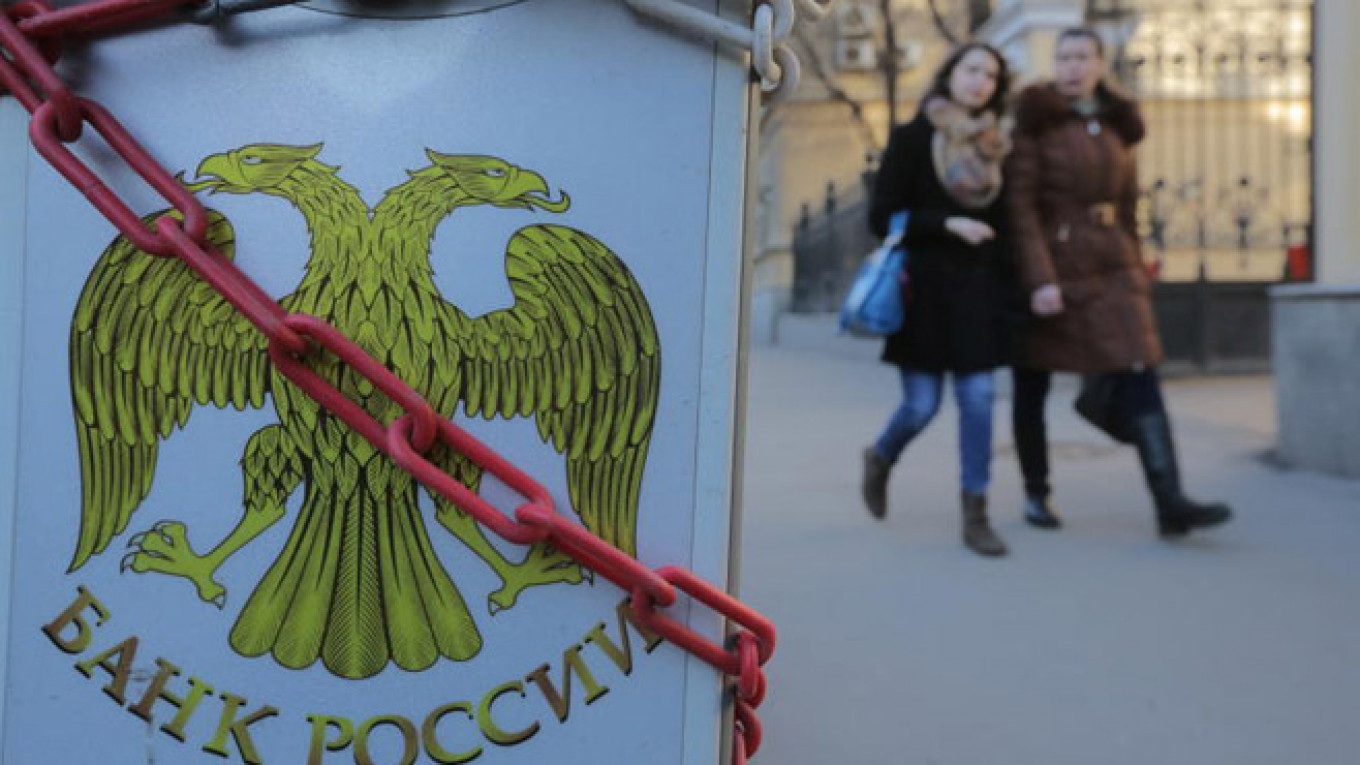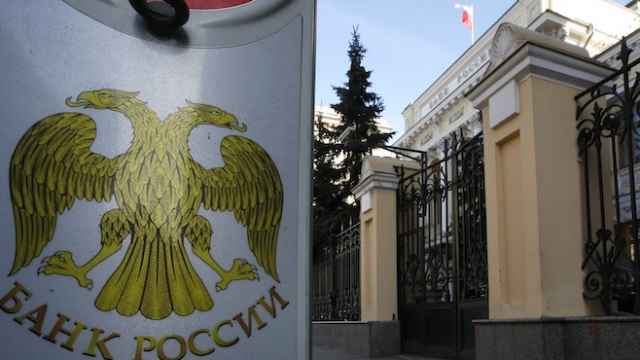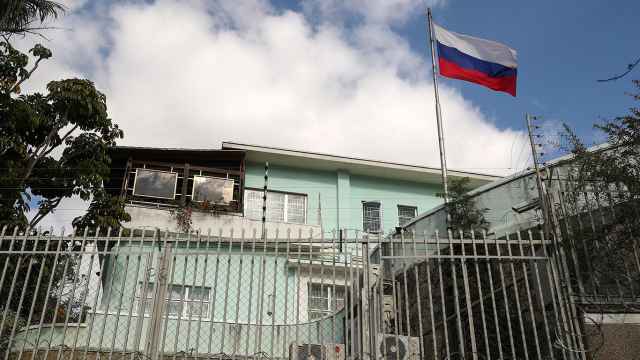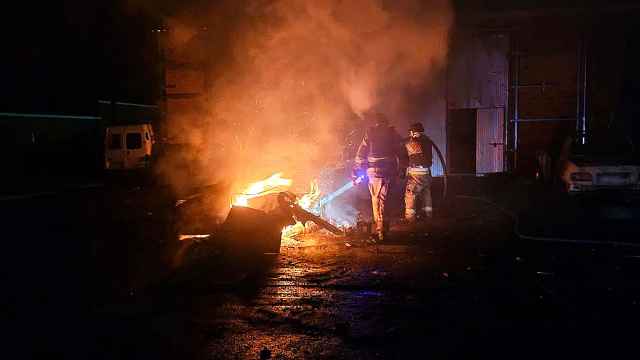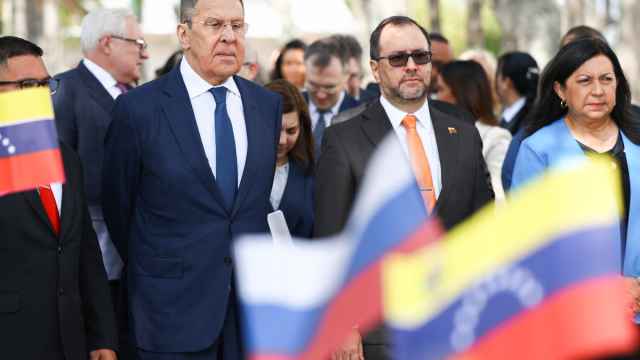The Russian economy could contract by up to 5.8 percent this year in a "risk scenario" based on oil prices averaging around $40-$45 per barrel, a Central Bank monetary policy document published on Friday said.
Russia's economy has slowed sharply in recent months as a collapse in oil prices and Western sanctions over the Ukraine crisis have dragged on growth.
The Central Bank sees gross domestic product contracting by 3.5-4.0 percent in 2015 in its "base case," which assumes oil prices averaging $50-55 per barrel.
The bank sees the average price of Urals crude oil, Russia's main export blend, rising to $60-65 in 2016 and $70-75 a barrel in 2017, under this base scenario.
Under these assumptions, it forecasts a 1.0-1.6 percent economic contraction in 2016 followed by a 5.5-6.3 percent rebound in gross domestic product in 2017.
The quarterly monetary policy document, which includes the bank's latest macroeconomic forecasts, also showed the bank foresees its foreign currency reserves shrinking by $50 billion in 2015 but staying constant in 2016 in its most likely scenario.
That assessment is more optimistic than that of many investment banks but reflects the Central Bank's more cautious approach to using its reserves, which are near an eight-year low of $357 billion, since it floated the ruble late last year.
The bank also expects the reserves to recover by $36 billion in 2017.
It saw Russia's current account surplus at $64 billion this year, rising to $90 billion in 2016 and $119 billion in 2017.
A Message from The Moscow Times:
Dear readers,
We are facing unprecedented challenges. Russia's Prosecutor General's Office has designated The Moscow Times as an "undesirable" organization, criminalizing our work and putting our staff at risk of prosecution. This follows our earlier unjust labeling as a "foreign agent."
These actions are direct attempts to silence independent journalism in Russia. The authorities claim our work "discredits the decisions of the Russian leadership." We see things differently: we strive to provide accurate, unbiased reporting on Russia.
We, the journalists of The Moscow Times, refuse to be silenced. But to continue our work, we need your help.
Your support, no matter how small, makes a world of difference. If you can, please support us monthly starting from just $2. It's quick to set up, and every contribution makes a significant impact.
By supporting The Moscow Times, you're defending open, independent journalism in the face of repression. Thank you for standing with us.
Remind me later.


